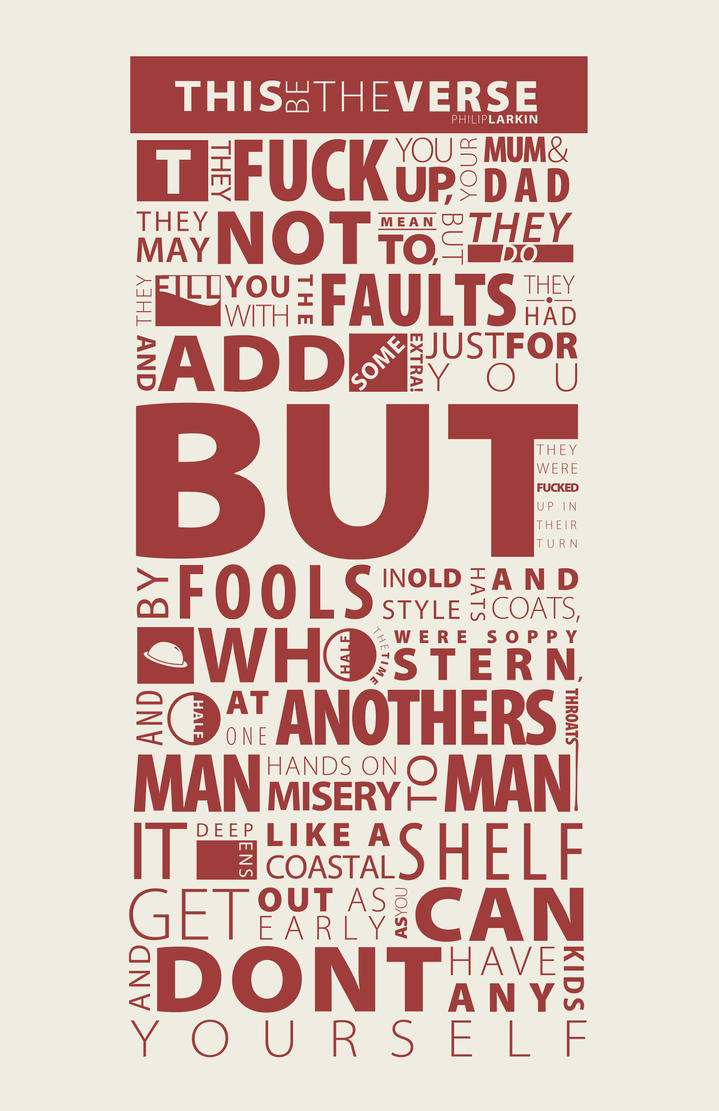On more than one occasion I have been told that I’m not focused enough.
My annual appraisal almost always includes comments like: “You’re interested in too many things”; “there’s no coherence to your CV”; “it’s not clear exactly what you’re an expert in”; and the most damning of all: “I can’t tell what the one thing is that Jean Adams would be the only person to talk to about”.
 |
| Expectant blur, by Martin White |
I don’t always do what I’m told. But I do try to listen to what I’m told – especially when I’m being given career advice by my elders and betters. So I have spent quite a while pondering on the issue of focus and how much of a problem my lack of focus might be.
Just for the record, I don’t think I’m massively unfocused – there are maybe three or four different things that I am totally excited by (right now): food advertising, inequalities in health caused by public health interventions (p65), and the role of time perspective in driving health behaviours. So that’s only three. They’re all about public health, so not totally disparate. I’m just not the sort of person who spends years only thinking about one aspect of one problem in one population group.
Which is not to diss my colleagues who have spent many years doing just that. I suspect there are many problems that do need concerted, uninterrupted thought and dedication. I’m just not the right person for that sort of work. In fact, I think such focus would induce severe boredom in me pretty quickly. Even with my totally unfocussed three things, I do sometimes get pretty bored reading the same sort of studies again and again: most food advertising is for bad-for-you food, we don’t need any more confirmation.
I think there might also be genuine academic benefits from at least some people in the team having a slightly wider perspective. I might not know absolutely everything about anything, but I do know quite a bit about a bunch of different things – enough to not be taken as a charlatan by the people who know everything. This means that I can engage with quite a lot of different people and it helps widen my perspective even more. Which in turn, helps me see problems from a variety of different angles, bring fresh solutions, and build links between – you guessed it – apparently disparate issues. This is the stuff that multi-disciplinarity is made of.
Which leaves me wondering why my lack of focus bothers other people so much.











